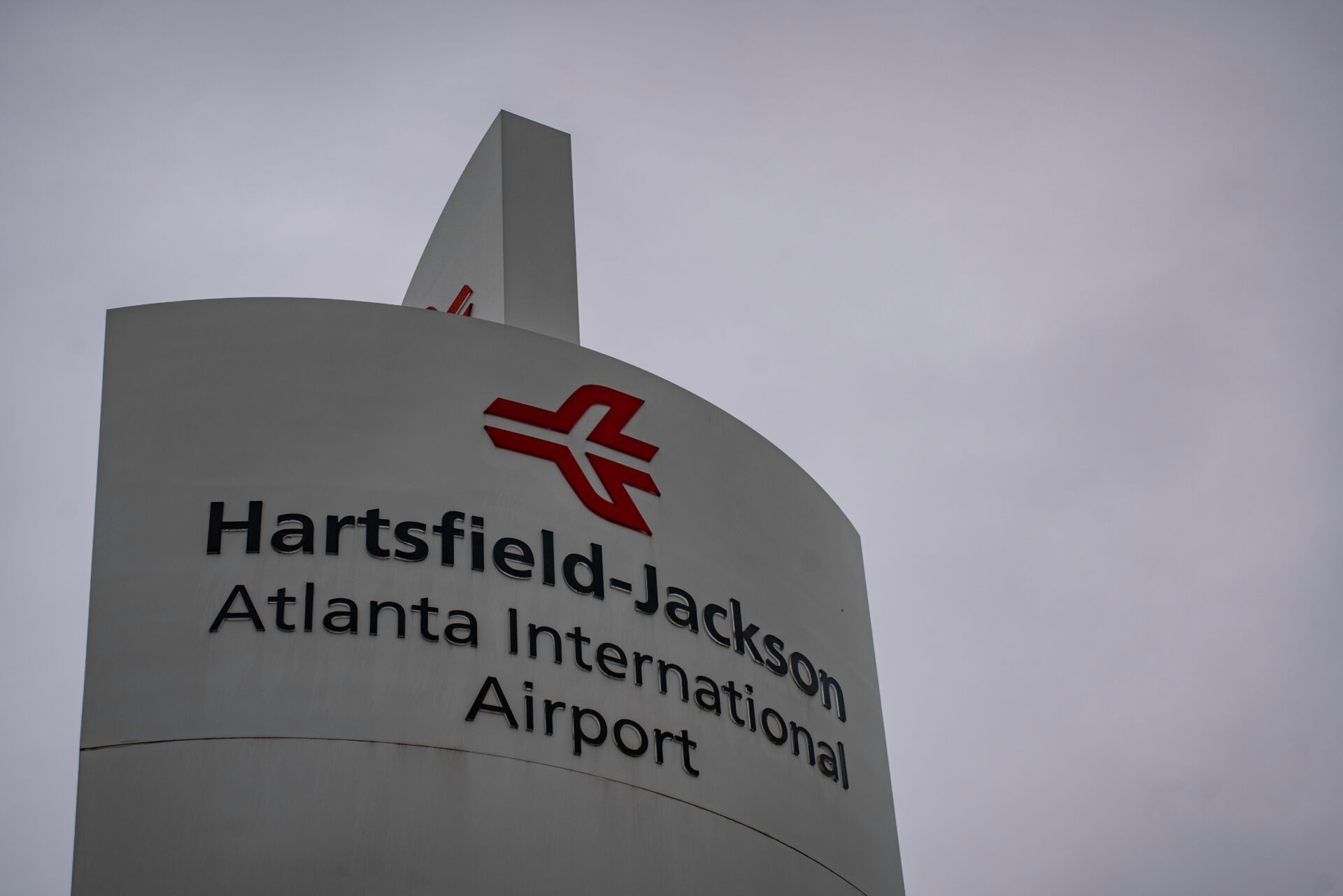
Georgia Raid: A Turning Point for Investment
Over 300 South Korean workers detained in Georgia signal a new era of strict immigration enforcement that could jeopardize $350 billion in U.S. investments, putting American jobs, manufacturing, and security interests on the line.
Story Snapshot
- Visa uncertainties following mass detentions threaten South Korea’s $350 billion investment plans in the U.S.
- Seoul demands dedicated visa reforms as a precondition for future investment, especially in EV and semiconductor sectors.
- At least $101 billion in American projects are now delayed or suspended, risking jobs and economic growth.
- Diplomatic tensions rise as allies clash over immigration and national security priorities.
Immigration Crackdown Reverberates Through U.S. Manufacturing
In August 2025, U.S. immigration authorities conducted a major raid at a South Korean-owned battery plant in Georgia, detaining more than 300 workers for alleged visa violations. This unprecedented action marked one of the largest foreign worker detentions in recent U.S. history. The raid immediately disrupted ongoing factory operations and triggered alarm in the business community, especially among companies relying on skilled foreign technicians to meet project deadlines and maintain competitiveness in high-tech sectors such as electric vehicles and semiconductors.
South Korean President Lee Jae Myung responded by warning that Korean companies would likely hesitate or halt direct investments in the United States unless urgent visa reforms were enacted. Seoul has demanded the creation of a dedicated visa category for skilled Korean technicians, such as the proposed “Partner with Korea Act” that would allocate 15,000 annual visas. Without these reforms, at least 22 U.S.-based projects valued at $101 billion have already been delayed or suspended. The stakes are high: American jobs, tax revenues, and the nation’s manufacturing base are directly at risk if critical investments evaporate due to regulatory uncertainty.
National Security, Economic Growth, and Conservative Values at Stake
The Biden administration’s lax enforcement and ambiguous visa policies created a legal gray zone for years, allowing short-term visas to substitute for long-term employment—an approach now under strict review. President Trump’s renewed focus on restoring immigration control has upended old arrangements, prompting allies to demand predictable pathways for their skilled labor. For conservatives, this situation highlights a central tension: enforcing the rule of law and protecting American workers, while ensuring that vital foreign investment and job creation are not driven offshore by bureaucratic red tape and diplomatic friction.
South Korea remains a critical U.S. partner in countering China and bolstering domestic supply chains, yet its leverage is limited. Federal policy, not state lobbying, will determine the outcome. The risk is clear: if the U.S. cannot offer reliable, constitutionally sound immigration practices, allies may seek friendlier ground elsewhere, eroding American leadership in advanced manufacturing and technology.
Broader Impact on American Workers and Families
Short-term, the fallout has been immediate—skilled workers repatriated, factories idled, and local economies in states like Georgia left in limbo. Long-term, the consequences could be even more severe. South Korean firms are now openly considering redirecting investments to Southeast Asia or Europe. Such a shift would undermine thousands of American jobs, weaken local tax bases, and diminish the nation’s ability to compete in critical industries. The diplomatic rupture could also spill over into security cooperation, at a time when unity among allies is paramount.
Industry strategists warn that visa policy has become a linchpin for cross-border capital flows, with 70% of South Korean executives citing U.S. visa uncertainty as a critical barrier to investment. If the U.S. fails to resolve these issues with firm, constitutional, and pro-growth solutions, the consequences will be felt by workers, families, and entire communities across the heartland. Conservatives recognize that secure borders and a strong economy go hand in hand—and that government overreach, whether through neglect or overzealous enforcement, threatens both American prosperity and our core values.
Watch the report:South Korea Presses Pause on $350B U.S. Investment Pact Following Georgia Immigration Raid – YouTube
S. Korea-U.S. tariff talks deadlocked over US$ 350 bil. investment fund
Sources:
South Korea’s $350 Billion Investment Hinge on Visa Reform: Strategic Implications for Investors
South Korea, US Face Investment Uncertainty After Mass Detention of Korean Workers
South Korea’s $350 Billion Investment Plan in Jeopardy as U.S. Immigration Policy Sparks Diplomatic Friction
South Korea Expresses Uncertainty on Future US Investment After Korean Workers Detained in Georgia


